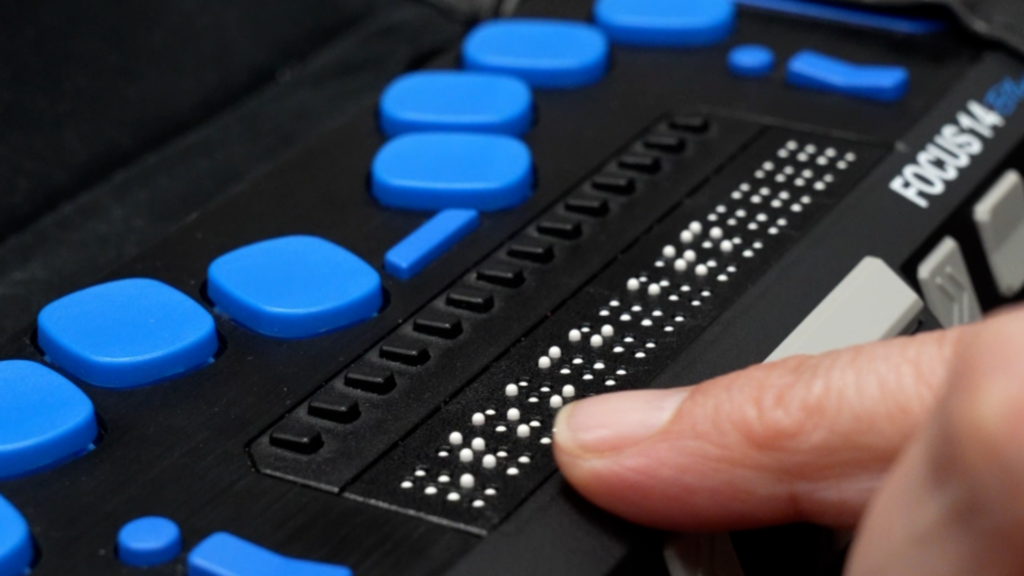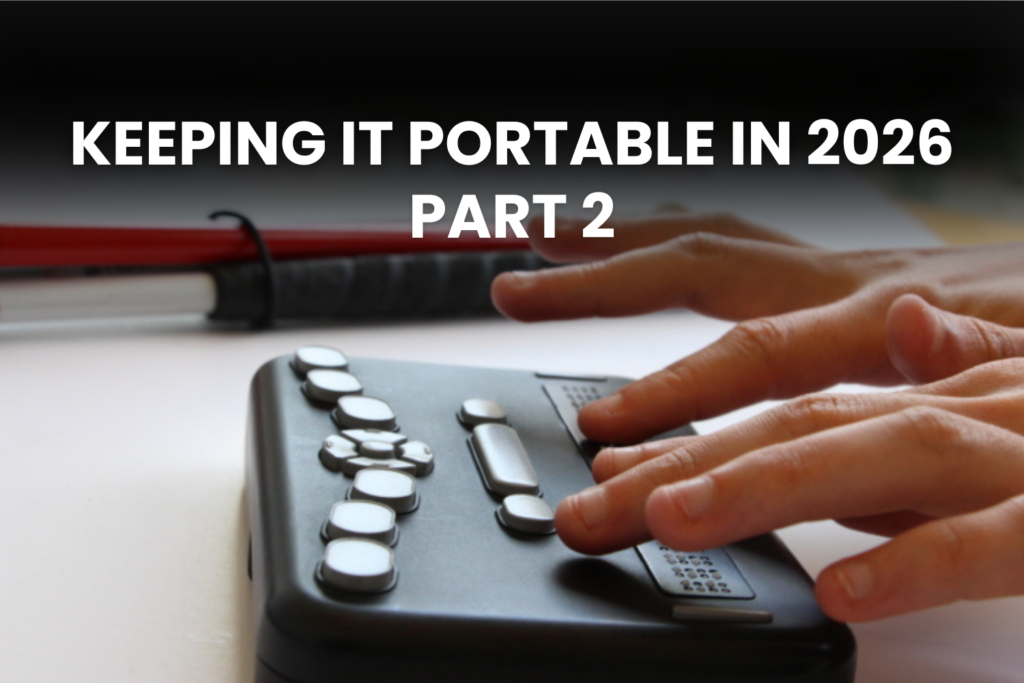Antoinette Richard, Social Worker: The Children’s Learning Center is a special education preschool program. We service children who are visually impaired and children also on a spectrum.
Ismail’s mother: Well, my son is four years old, recently turned four. His name is Ismail and he was diagnosed with autism at 15 months and it’s been very difficult for us, but we’re trying our best to do what we can do for him.
Antoinette: We have five classrooms. We have occupational therapists, physical therapists, speech and language. We have a full-time nurse on staff. We start our day off circle time. We have snack and lunch as a socialization. Therapists come in. We have an awesome sensory gym, which they participate in to burn some energy and learn to strengthen their legs, arms and hands.
Ismail’s mother: Antoinette, she’s been really close to me since we started the school. I have complete communication with her. Anytime I would send her a text or just give her a call and I know she’s there at the other side and she’s actually sharing pictures while he was at school. So there’s those little things that make me feel comfortable knowing that he’s in good hands at Helen Keller.
Antoinette: You know, I always tell parents and say it’s your child first, a child that may have autism, a child who may be visually impaired because we, a lot of our parents stayed in the beginning, they hear so much medical terminology, they hear so much diagnosis, and they don’t get to understand and enjoy that child.
Ismail’s mother: The energy here is welcoming. So definitely I knew he was going to be okay.
Antoinette: I think one of our goals here, and even for our families, reaching your maximum potential; everybody’s a little different. So a child for us holding a bottle is, we’re cheering. Using the cane and walking down or taking steps, we’re cheering. A child learning to braille or wherever their level is just understanding that.
Ismail’s mother: In the morning now he gives me his backpack. And even though he’s home, he knows, “okay, it’s school time. Let’s go to school. Here’s my backpack.” So even though he doesn’t communicate using his words, he tries to show me exactly what he wants by actually pointing out or just doing little things that make me feel like he’s welcome here and he loves being at school.
Antoinette: It’s a wonderful place to work. It’s a wonderful environment that I think we provide for our families and our kids.
Ismail’s mother: We’re proud of him, even though it’s little achievements here and there, but it’s been different and it’s been amazing actually.
Antoinette: It’s one of the greatest things. It’s seeing that and knowing the progress of the person, not saying “oh wow, we did a great job. But you know what? That parent has done a great job.”
Ismail’s mother: To trust the process that it does take a while, you won’t see something that quick as we expect. One day he’s at school and come home and see, learn something, like my other children. But you know, little by little, little steps do help.
Antoinette: This is where you started. You’re able to go to high school. You able to do things in your life because you had a good foundation here. And I think that’s the good feeling is that the progress our kids make later start with right now, and the progress our parents want to achieve for their kids, start with how they learn right now.
Ismail’s mother: I knew it’s tough, but I knew that it’s the best choice for them because at the long run, we’re not always going to be beside them, so they need to be a little bit more independent. And I think this is the best way to do it. [End of Transcript]
CLC Expanding to Long Island
Helen Keller Services for the Blind’s Children’s Learning Center is expanding beyond Brooklyn to two new locations on Long Island in 2026.
For decades, our Brooklyn CLC has been transforming the lives of young children who are blind, have low vision, or other disabilities including autism, Down syndrome, and pervasive developmental delays. Now, we’re expanding our CLC Preschool Program to two Long Island locations in Suffolk and Nassau Counties. Together, these centers will serve up to 150 additional children annually, bringing our multidisciplinary approach directly to Long Island families.
Our first location opens summer 2026 at 11 Oval Drive in Islandia, Suffolk County, with a second Nassau County location, to be announced soon, opening in September 2026.
Learn more about this exciting expansion, hear from families whose children have flourished at our Brooklyn CLC, and discover how this program will serve Long Island families.
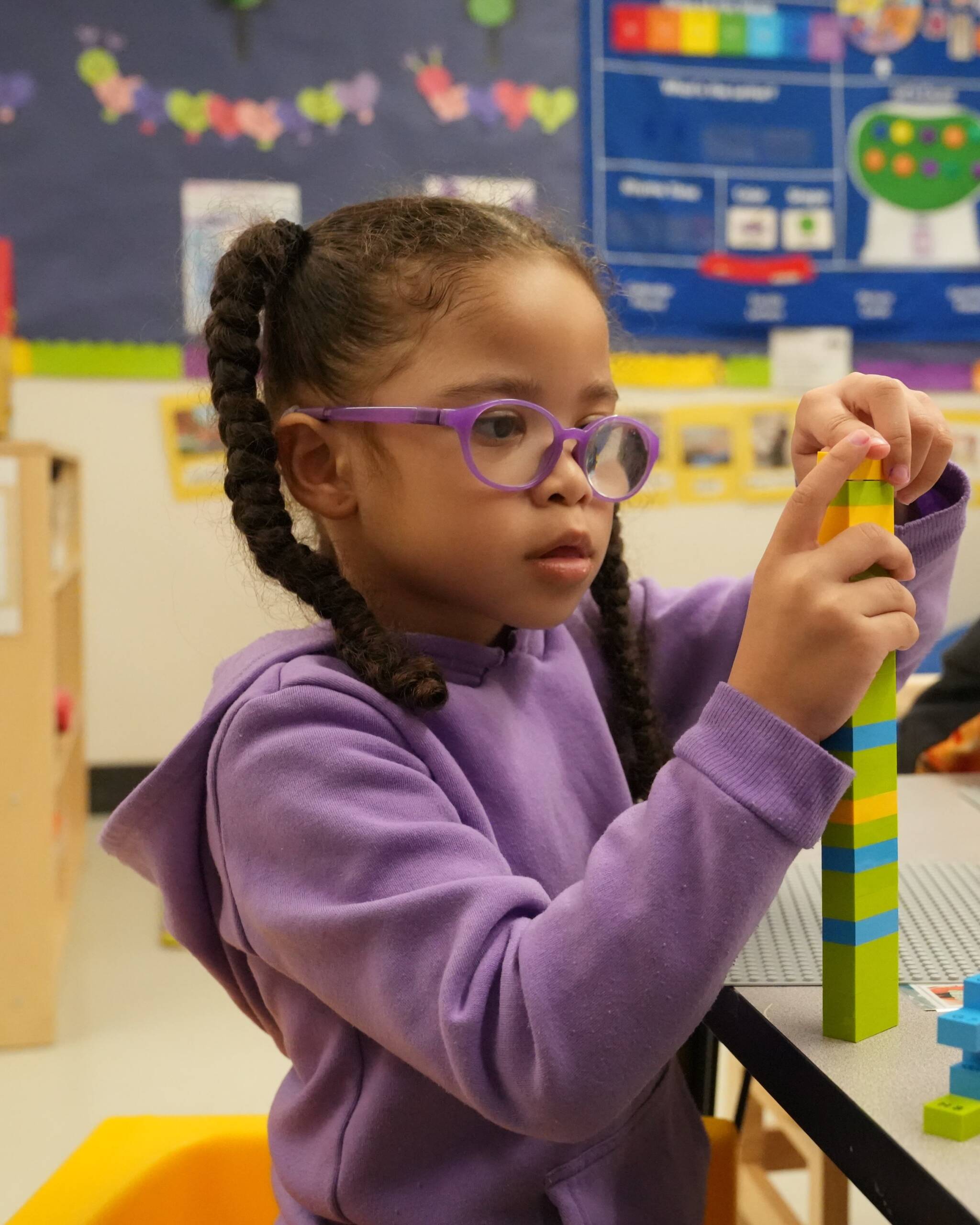
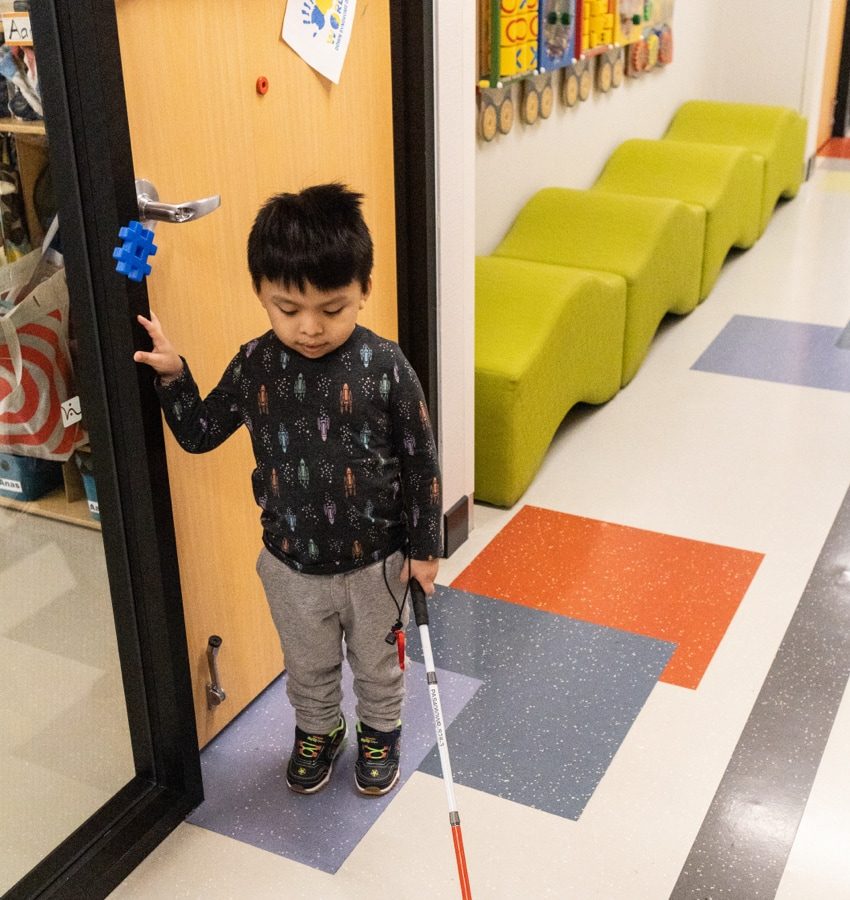
Overview
Preschool Program
Our programs include:
- Full-day preschool (3-5 years of age)
- The Parent & Early Education Resource Center
- Educational and therapeutic programs
- Six-week summer program
- Music and dance instruction for children attending class-based programs
- Pet therapy for children attending class-based programs
Eligibility
Preschool
Children who are between the ages of 3 and 5 qualify for our preschool programs if they have been diagnosed with low vision, multiple disabilities or developmental delays.
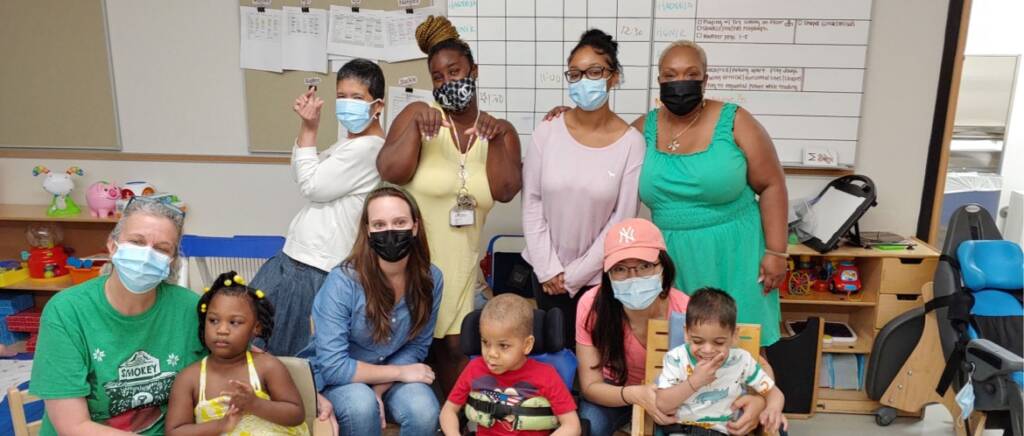
The Parent & Early Education Resource Center
HKSB’s Parent and Early Education Resource Center offers a series of monthly training workshops for parents of children with low vision and other disabilities. Tailored to the needs of the children and families we serve, the workshops cover a broad range of topics.
Previous sessions have focused on:
- Child development
- Strategies for parenting children with disabilities
- Programs and support available for children with special needs
Resources & Training
The Center also provides parents with resources and advocacy training, and its ongoing support groups offer families the opportunities to share their experiences with ─ and learn from ─ other families who know firsthand the challenges they face.
The Parent & Early Education Resource Center is open only to New York City residents.
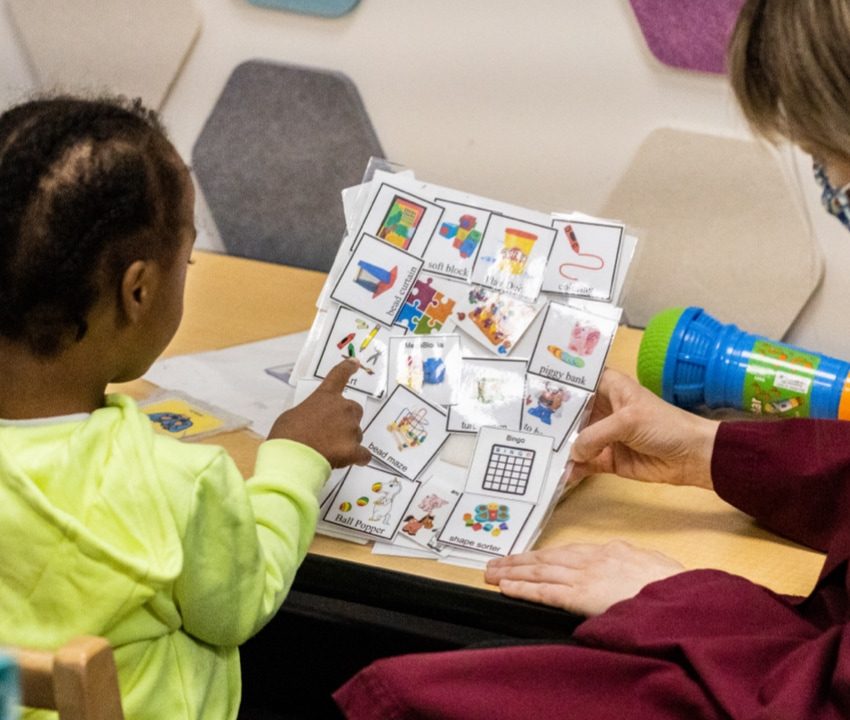
Transportation
Transportation is available for all children who attend our programs at no charge to the families. The Center is open from 8:30 a.m. to 2:30 p.m., Monday through Friday. We follow the Department of Education calendar with minor differences.
